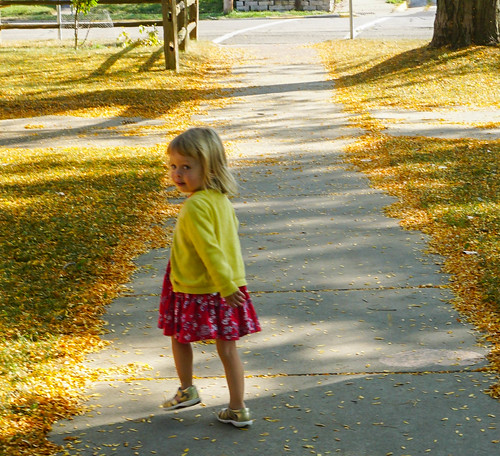Me, I am a UN brat. My father was there at the birth of the United Nations and he spent a great chunk of his career working within that organization. He was the head of the Polish Delegation to the UN when I was just a child (and this is why I spent six years of my young life in New York) and he returned to serve the UN in a leadership capacity toward the end of his professional life.
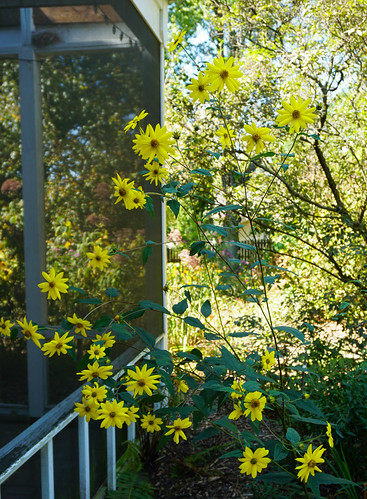
I was proud to be a UN kid. My father, I am told, was a superb diplomat. Not at home, mind you. His attentions were elsewhere. But man oh man, could he work a room and get an audience to pay attention! I heard him once, when he came to speak to the older kids at my UN School in New York. I didn't understand a great deal of what he said (I was in the primary grades), but I could feel the buzz of his words! Was I good -- he asked later. You were great! -- I told him.
(Snowdrop, being great in her school playground...)
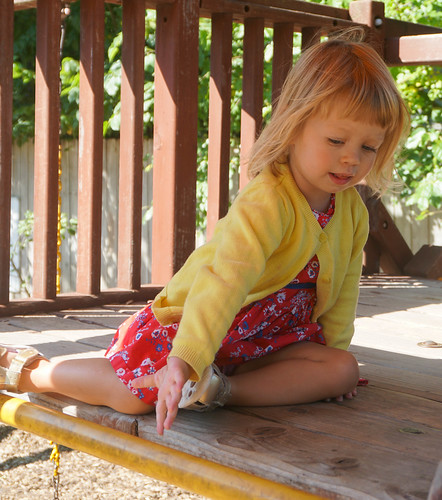
Still, at home, he and I rarely spoke. Lost in his thoughts, in his affairs -- he was not curious about the ins and outs of a kid's life. On the rare occasion that I would ask him about something that I'd heard on the news, I'd get a lecture that was too long and without regard to my age or my own comments or questions.
But something happened in 1965 that made me swallow my dislike of these exchanges. I was twelve and we were in our last year in New York. I was neither meek nor quiet at school and I had some feisty exchanges with a friend at recess over the US involvement in Vietnam. It was like the best brawl you'd see on a playground: classmates would gather and my friend and I would go at each other on this issue. She said the war was justified. I said (shouted?) that it was not.
In those days (these days?) no one knew much about the war. Me included. I spoke out because I had lived for half a dozen years with American hatred toward communists. And in my heart, I was convinced that they, the Americans, had gotten it all wrong about, say, Polish communism. So why should they be right about the ambitions of communists in southeast Asia?
After one of those spectacular shouting matches during recess between my pro-war friend and myself, the teacher came in and demanded an explanation as to what the hell was going on. The kids had no problem in pointing fingers: they're fighting about Vietnam!
This was the UN School and the teacher did what a UN School teacher was going to do. She suggested that we engage in a reasonable discussion on the merits of our positions. In other words, we will have a debate. Two reps for each position. Yes, the two shouters will speak in the first round. Arguments to be presented tomorrow, in class.
Shit.
What do I really know about specifics? I turned to my father.
Dad, I have to argue the no war position in class tomorrow. Can you talk to me about Vietnam so that I can make some good points?
I hated to ask. I knew I was in for an hour long monologue, but I had no choice. And he gave me his very long version of the conflict in Vietnam and I jotted down a few kid-friendly points and then he ended with a statement about how the war could not ever be won by the U.S. because America did not have the people of Vietnam on their side. I didn't fully understand, but I wrote it down. It was as good an ending to my speech as any.
The next day we had the debate. My team won on a near unanimous vote, though honestly, it had little to do with my presentation. My opponent's partner in the debate was a total loser and when the teacher told the class to vote for the stronger presentation, only the boy's mother could possibly have cast a vote for a team with him on it. And so, as is often the case in life, I won, but for all the wrong reasons.
(Breakfast on the porch, with one of the calmest people I know...)
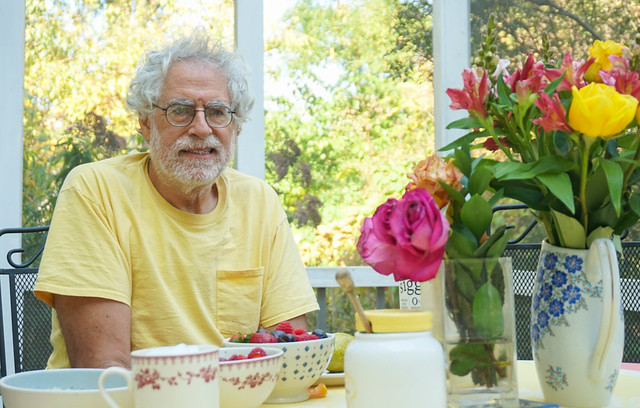
Over the decades, even as my father and I drifted ever greater distances away from each other, I nonetheless retained my respect for the UN. I was convinced (and still am convinced) that the proper question is not what the UN had done to secure a better world for us all, but where would the world be without a UN. And if you respond "better off and with more cash to spend at home," then you're simply not paying attention to all that the UN does on a daily basis and especially in the developing regions of this planet, but not only.
The UN hasn't prevented conflict. It holds no magic wand over the words and actions of world leaders, including despots, demagogues and dictators. But so long as you believe in diplomacy and in the grunt work of providing aid to those in the most dire circumstances, the UN offers hope for creating a forum for both.
(looking at a polka video together...)
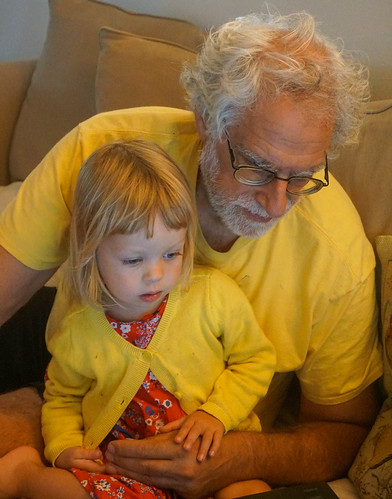
And here's a thought: what if diplomacy was a skill we all honored? My father kept his diplomatic brilliance narrowly focused on his work. But the word diplomacy isn't just about international relations. Diplomacy (acc. to the dictionary) is "the art of dealing with people in a sensitive and effective way."
(Why are you laughing, grandma?
I like to laugh...
No, I like to laugh!
We both like to laugh, Snowdrop...)

Everything you say matters, whether you're speaking to a sales clerk, to your grandchild, to your child. My greatest failures in my 64 years of life happened, I think, when I abandoned diplomatic discourse and let my emotions run wild.
(A hot September afternoon...)

In my mind, the starting position for any diplomatic dialogue is calm. Writing here, on Ocean forces a calm reflection on a day. Maybe it allows for a better transition to the next day? What good came of this day (like of the UN) is a far better question to ask than what was off-putting and unfair, don't you think?
